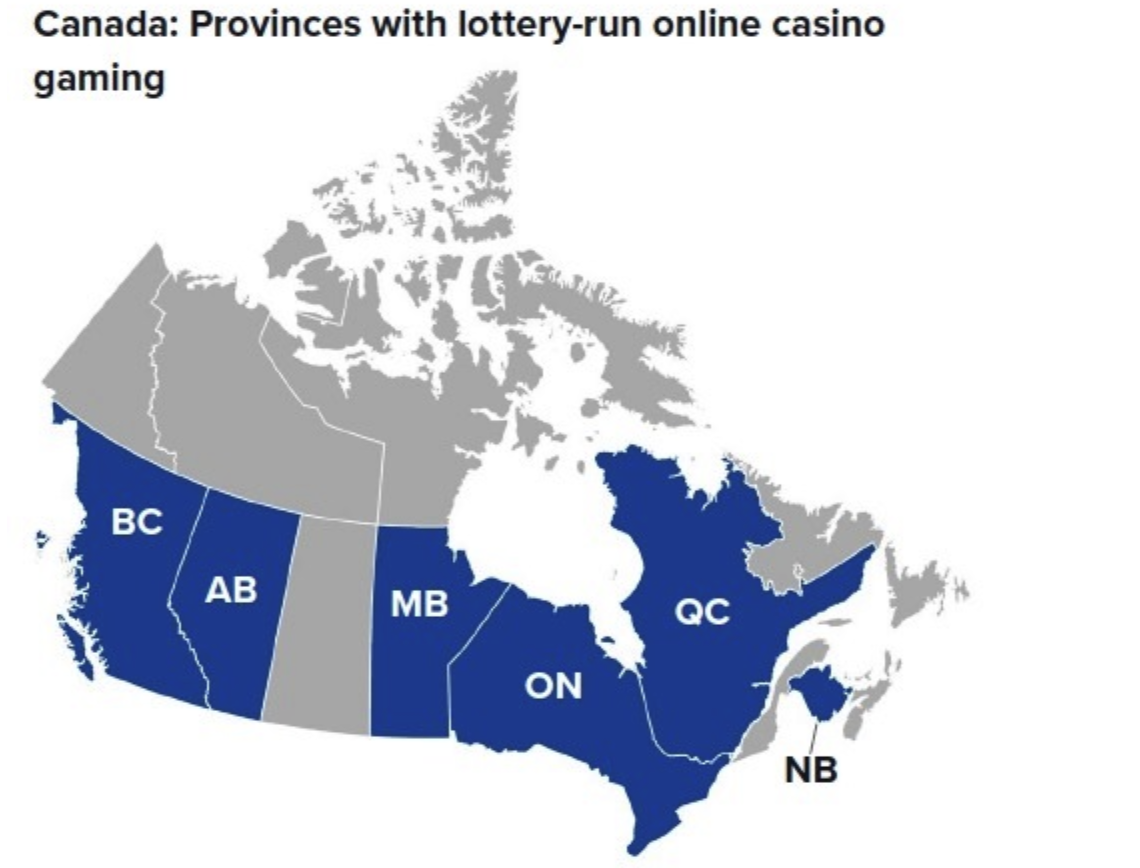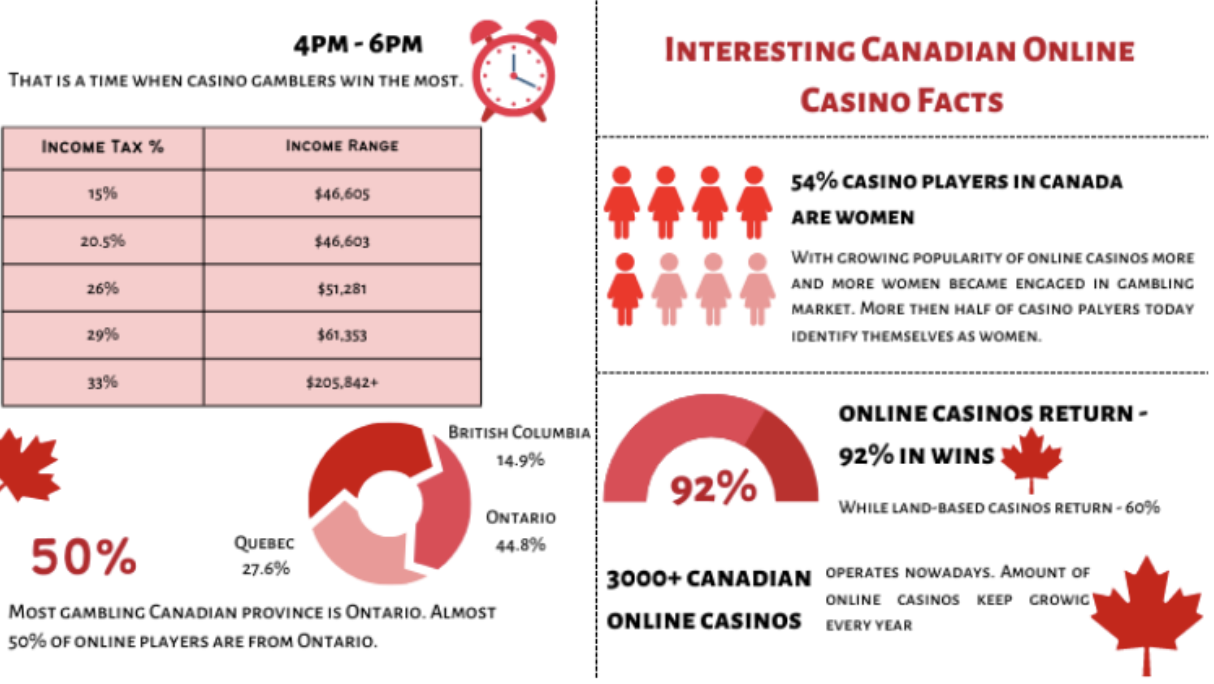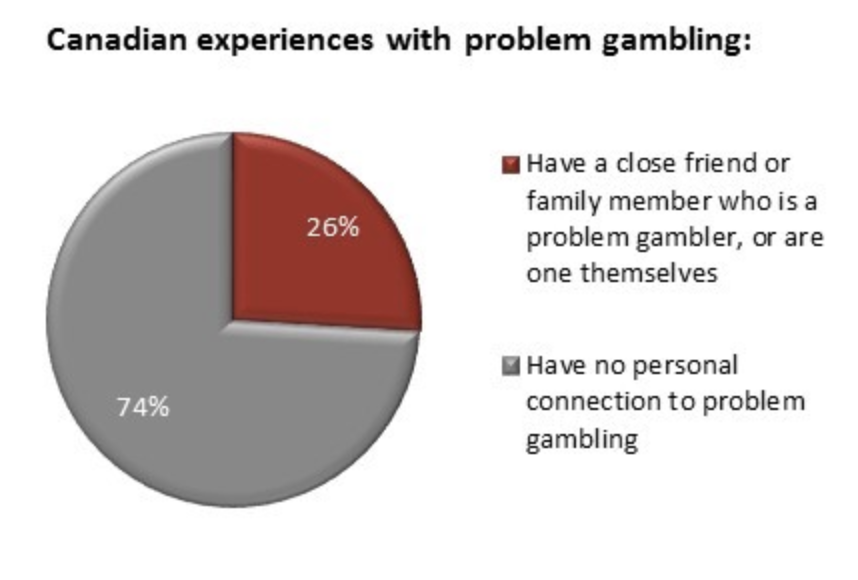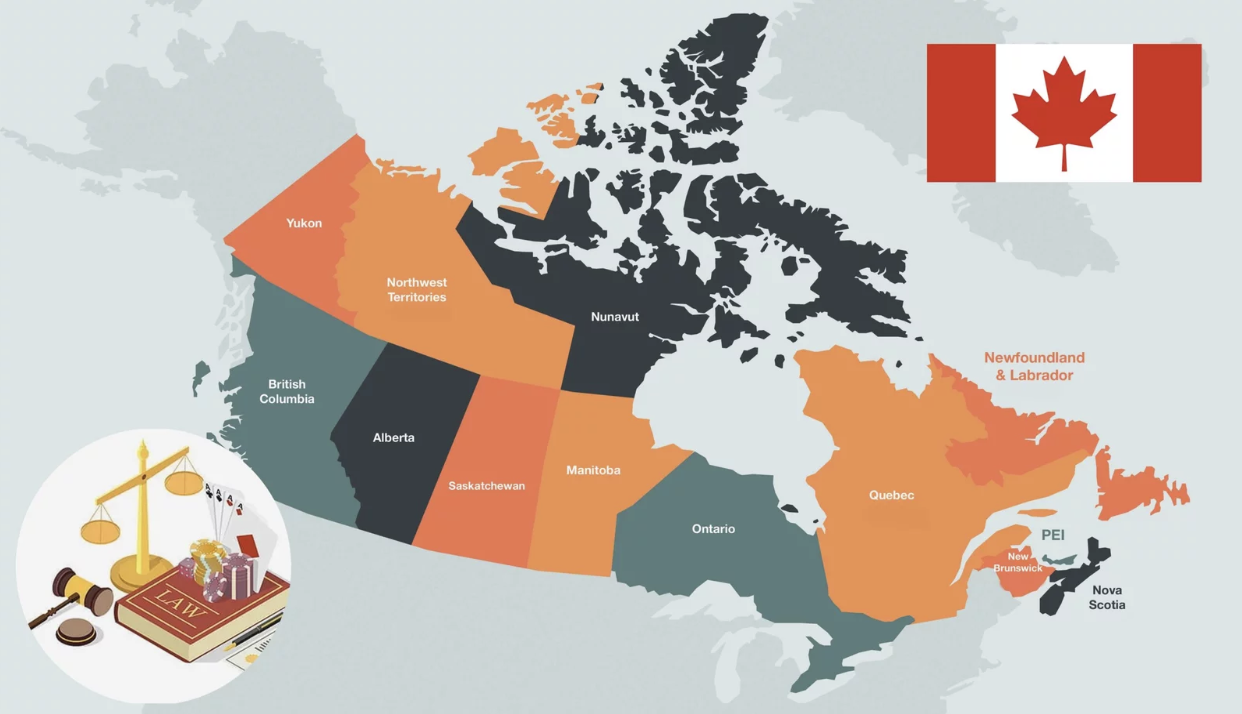Recent Legal Changes in Canada: New Casino Laws You Need to Check

Gambling has been part of Canada for a long time. The first real casino in Canada opened in 1994. But the Canada gambling history here goes back a while. In the early 1800s, Montreal had its first recorded horse race. In 1892, a law called the Canadian Criminal Code said no to this kind of activities. But in the 1900s, they started allowing activities, like bingo and raffles. (Source: TheCanadianEncycloPedia)
In 1985, Canada said it was okay to gamble, and the first regular casino opened in Winnipeg in 1989. Then, Montreal got its casino in 1993. After that, other provinces in Canada started doing the same thing. Now, this business in Canada is enormous. It makes lots of money, billions of dollars, and provides jobs for over 135,000 people (Source: untamedscience).
Staying updated on legal changes is of paramount importance. Legal frameworks, regulations, and amendments heavily influence the dynamics of the Canadian betting industry. Whether you are a passionate casino enthusiast or an industry professional, the importance of Canada gambling law updates can never be overlooked.
In this article, you will learn about the legal framework governing bets in the country, explore significant recent amendments and laws affecting the industry, examine updates related to online gambling, elucidate taxation changes, scrutinize responsible gaming measures, and peer into the future, anticipating forthcoming legal developments.
What is the Canada Gambling Legal Framework
Canada’s betting laws are complex and differ across provinces. Here are some key points to keep in mind:
- The Canadian Criminal Code prohibits offering gaming services in Canada.
- Provinces have the authority to create their own rules and regulations.
- These activities are generally illegal in Canada unless regulated by a province.
- The Ontario Lottery and Gaming Corporation is Ontario’s primary regulatory body overseeing various land-based casinos.
- Online betting is only legal in Canada if the federal or provincial government licenses the service.
- Establishing a casino in Canada requires compliance with local regulations, which can vary between provinces. (Source: ICG)
In essence, Canada’s gambling laws aim to manage revenue and enable government-sanctioned online activities to contribute to the industry. While the government doesn’t see illegal gambling as a significant threat, players should familiarize themselves with provincial gambling laws and seek legal advice from a qualified professional before participating in any Canadian jurisdiction.
What are the Significant Legal Changes in Recent Years
The legal landscape for betting in Canada has seen significant transformations recently. Here are some notable amendments and new casino laws:
- Bill C-218: In 2021, Canada’s government passed Bill C-218, legalizing single-event sports betting across all provinces by removing previous restrictions.
- Online Gambling: Online activities are generally prohibited in Canada unless licensed by the federal government or a provincial authority. However, leniency in regulations has led to a surge in online activities within Canada.
- Provincial Regulations: Each province sets its rules, with rigorous licensing and oversight by provincial and territorial governments. For instance, the Ontario Lottery and Gaming Corporation takes the lead in regulation in Ontario.
- Federal Criminal Code: The Canadian Criminal Code contains the core rules and exceptions concerning betting and federal laws on crime proceeds, including money laundering and terrorism financing.
The Canadian government is actively working to regulate the industry and safeguard consumers. Recent legal changes have made it more accessible for Canadians to engage in legal activities. However, players should familiarize themselves with relevant provincial laws and consider seeking legal advice from professionals before participating in any form of betting in Canada.

What Is Its Impact On Land-Based and Online Casinos
Recent legal changes have notably impacted both land-based and online casinos in Canada. Let’s explore the Impact of legal changes on casinos:
Online Casinos: The legalization of single-event sports betting in Canada has boosted online casinos’ revenue. The pandemic also prompted more land-based casinos to close, driving a shift toward online gambling. Some new Canadian online casinos have found innovative ways to navigate traditional casino restrictions, opening up ample opportunities for virtual enthusiasts.
Land-Based Casinos: Canada-based casinos adhere to rigorous licensing and regulations set by provincial and territorial governments. The Ontario Lottery and Gaming Corporation takes the lead in regulatory oversight in Ontario. While the legalization of single-event sports betting may affect land-based casinos, the extent of this Impact remains uncertain.
Recent legal changes in Canada have presented challenges and opportunities for the gambling industry. Online casinos have experienced substantial growth, but they remain subject to strict regulations. Meanwhile, land-based casinos continue to hold a vital role within the industry.
What Are Online Gambling Law Updates in Canada
The Canada online gambling law updates have brought about several significant changes:
- Lifting the Ban on Single-Event Sports Betting: In 2021, the Canadian government passed Bill C-218, allowing single-event sports betting in all provinces, ending the ban.
- Provincial Licensing: Online casinos in Canada must now be licensed by the province where they operate. Each province has unique gambling regulations, and these casinos are subject to strict provincial and territorial oversight.
- Streamlined Registration: Some regulations have been relaxed, and specific registration processes for online gambling companies have been simplified.
- Illegal Online Gambling: Generally, online gambling is illegal in Canada unless the federal or provincial government licenses it. Offshore online venues also face restrictions.
- Provincial Gaming Agencies: Online casino licensing Canada is managed by provincial gaming agencies, with each province having its agency responsible for overseeing the industry.
- Legal Precautions: Players interested in online gambling in Canada should familiarize themselves with their province’s laws and seek legal advice before participating in any Canadian jurisdiction.
These changes reflect Canada’s evolving online gambling landscape, focusing on regulation and player protection.

What Are Taxation Law Updates in Canada
Recent changes in Canada’s taxation laws significantly affect casino winnings and operations. These updates, called Taxation Law Updates Canada, are particularly relevant for players and operators.
How These Changes Affect Players and Operators
The amended tax regulations bring about critical considerations for players. Understanding the tax implications for gamblers is essential. These changes may impact how winnings are taxed and reported, affecting the overall gaming experience. Adapting to these new taxation laws is crucial for operators, as it influences financial strategies and compliance measures.
Responsible Gaming Law Updates and Player Protection
Recently, Canada has seen legal amendments emphasizing responsible gaming, aiming to safeguard players. These measures promote a secure and enjoyable gaming experience.
Additionally, new consumer protection laws Canada have been enacted for consumer protection. These laws prioritize the interests of consumers, ensuring fairness, transparency, and accountability in the gambling industry. The combined efforts of responsible gaming laws and consumer protection regulations reflect Canada’s commitment to fostering a safe and player-friendly gambling environment.
Future Legal Outlook
Future Canada gambling laws are going to impact the industry. Here are some of the noteworthy upcoming bills and discussions on online gambling in Canada:
- First Nations Empowerment: A new bill seeks to empower First Nations in the gaming industry, potentially resolving sports betting disputes.
- iGaming Ad Ban: The Ban iGaming Advertising Act, 2023, prohibits online gambling site promotion through ads.
- Simplified Registration: Canada simplifies registration processes for online gambling companies.
- Sports Betting Law Amendments: Senators propose amendments to sports betting laws, adapting to single-game legalization.
- Rise of Online Gambling: Online gambling’s popularity, driven by mobile and desktop devices, leads to a growing preference for virtual options in Canada. (Source: Legal Sports Report)
The Potential Impact of future laws in Canada can have a profound effect on the online gambling industry. As legislation evolves, it may open new opportunities for growth and innovation within the industry, attracting players and operators.

Conclusion
Adapting to Canada gambling law updates is essential for navigating the ever-evolving landscape of the gambling industry. Players and operators must remain vigilant and agile in response to legal changes. Furthermore, the importance of legal consultation cannot be exaggerated.
Consulting with legal experts ensures compliance, mitigates risks, and fosters a responsible and secure gambling environment for all participants. By staying informed and seeking professional advice, both players and operators can thrive while upholding the integrity of Canada’s gambling industry.
Recommendations for Canadian Players
Best low deposit casinos: 1 dollar deposit, 5 dollar deposit
Brands: Zodiac Casino, Captain Cooks
FAQs
- What are the most significant recent changes in Canadian gambling laws?
-
Notable changes include legalizing single-event sports betting, provincial licensing for online gambling, and stricter advertising regulations.
- How do these new laws affect online gambling?
-
These laws provide a regulated framework, ensuring a safer and more secure online gambling environment for players.
- Have there been any changes in gambling taxation?
-
Yes, changes have occurred, but they vary by province, affecting how casino winnings are taxed.
- What are the new measures for responsible gambling?
-
New regulations focus on player safety, including self-exclusion programs and mandatory responsible gaming tools.
- How do these legal changes affect casino operators?
-
Operators must comply with provincial regulations, obtain licenses, and prioritize responsible gaming. Non-compliance may lead to penalties and license revocation.
- Are international online casinos affected by these legal changes?
-
International casinos operating in Canada must adhere to Canadian regulations and obtain necessary licenses.
- What is the legal age for gambling after the new amendments?
-
The legal gambling age varies by province but typically ranges from 18 to 19.
- How can I stay updated on future legal changes?
-
Stay informed through official government websites, industry news, and legal consultations.
- Are there changes in advertising and promotional laws for casinos?
-
Yes, stricter advertising regulations have been implemented to ensure responsible marketing practices.
- What are the penalties for non-compliance with new laws?
-
Penalties for violating new laws can range from fines to the revocation of operating licenses, depending on the severity of the offence.

